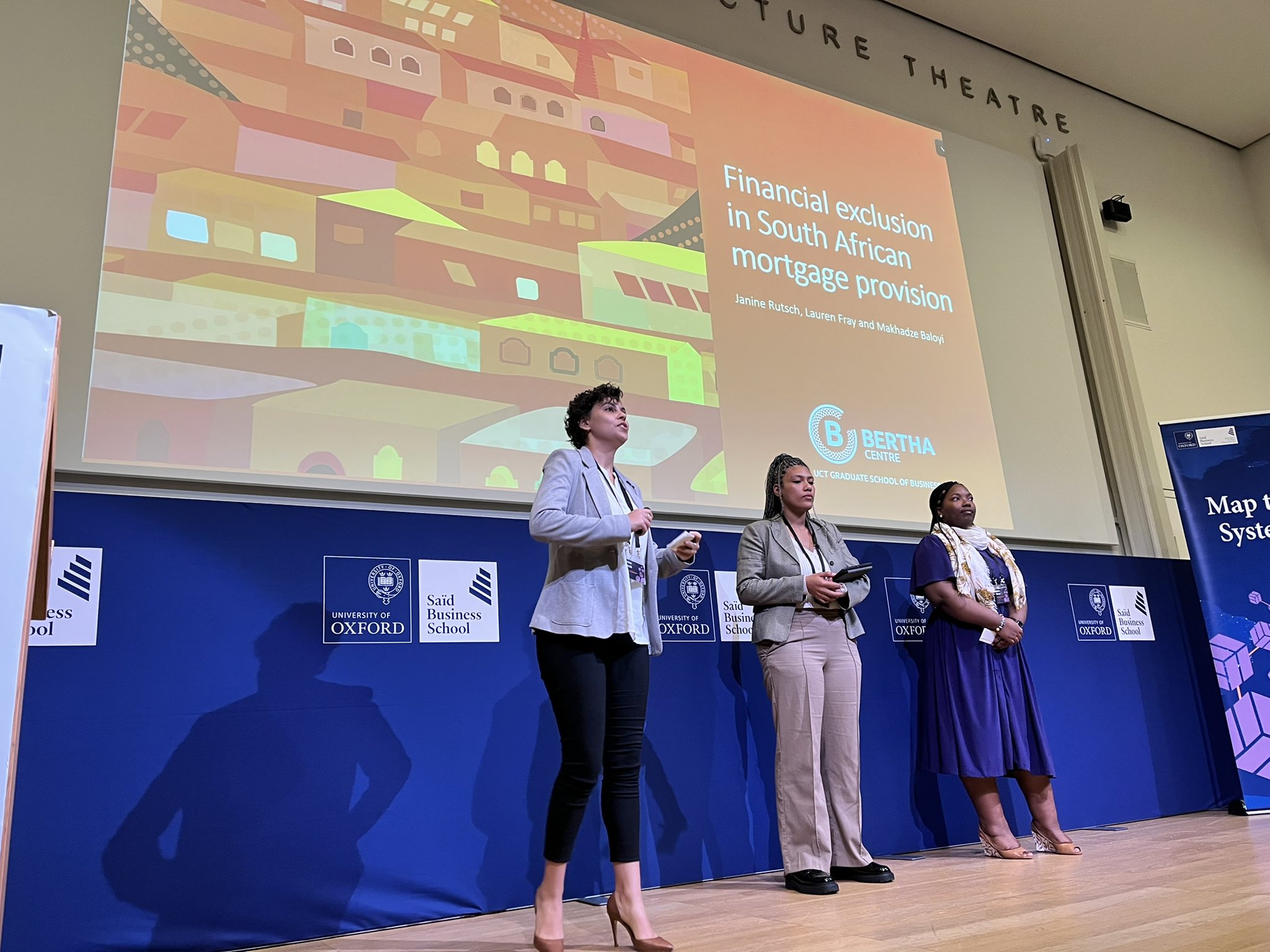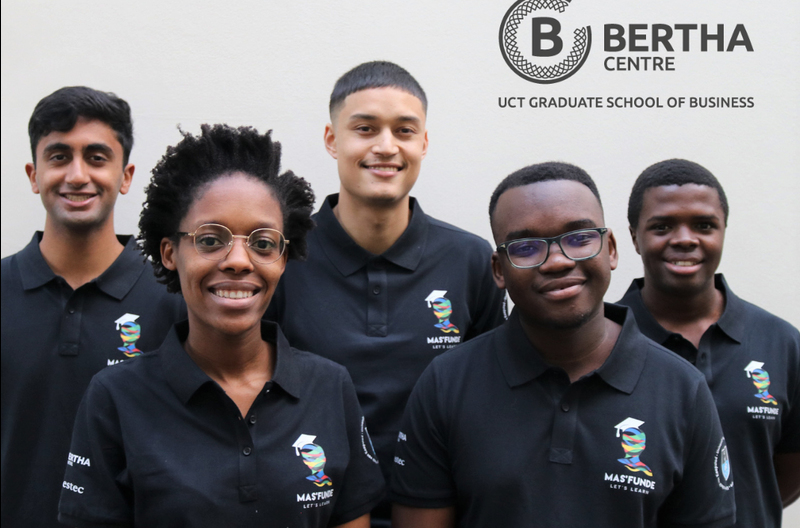Advancing Social Innovation
Catalysts for Social and Economic Change
Systems Innovation & Change
Map the System
Map the System is a global competition which encourages university students to utilise systems thinking to address current social, economic, and environmental challenges. Map the System prioritises a systems approach because “there are increasing numbers of students across the globe interested in entrepreneurship for systems-change – there are hack-a-thons, start-up weekends, and business plan competitions – all asking students for their solutions to social and/or environmental problems through new enterprises. But social transformation doesn’t happen in a silo, nor does it come from one person or one great idea. And often students are proposing solutions to problems that they have no lived experience of, and don’t fully understand.” Systems thinking is introduced as a valuable methodology because it allows the participants to recognise the complexity of the issues they are dealing with and to grapple with the structural and social factors that have created the challenge.
The competition is hosted in partnership with Saïd Business School and the Skoll Centre for Social Entrepreneurship. The University of Cape Town (UCT), with the support of the Bertha Centre, has taken part in the competition for the last five years and in each year, the winning team from the UCT leg of the competition has gone on to represent UCT at the University of Oxford where the final is held. Bertha Centre proudly hosts the regional finals every year and sponsors the winning team to attend the competition in Oxford.
A number of universities including the Duke University, University of Melbourne, Calgary University and Northwestern University participate annually in the global competition. UCT is one of the few institutions participating in the competition that represents the Global South and the only institution from South Africa to take part in the competition.
Map the System 2023
In 2023, the UCT team included Delicia Govender, Kirstyn Liang, Kris Simpson, and Aleya Rampersad Banwari, who represented UCT at the global semi-finals of the Map the System competition. The team focused on indigenous knowledge systems amongst the KhoiSan revival, presenting on “Harnessing the Power of Indigenous KhoiSan Culture to Support At-Risk Youth in the Western Cape”. They received the Underrepresented Voice Award for their commitment to amplifying the voices of underrepresented identities through their research.
Winning Team: Map the System 2022
In 2022, the UCT team won Map the System 2022! Over 950 teams, from 64 higher education institutions across the world took part in the competition. The UCT team of Janine Rutsch, Makhadze Baloyi and Lauren Fray, Finclusive, focused on "Financial Exclusion in South African Mortgage Provision", and identified that ‘missing middle’ households are being financially excluded from the mortgage system, fueling further inequality in South Africa.
Their project findings highlight access to financing as key for homeownership, which in turn enables wealth accumulation and upward mobility. These benefits culminate in greater income equality, which has a huge societal impact. Their work encourages the development of innovative financial instruments to fill the gap in the market and de-risk and reduce perceived risk of this gap in the market.
2022 Winning Map the System Team from UCT

Map the System 2020
In 2020, twenty-seven teams entered the UCT leg of the competition. Four semi-finalists were selected to present their research and the UCT winning team included Zaakir Essa, Catherine Torrington, Sophie Gerbers and Min'entle Mthelelo. The team presented their work on "Why women-owned businesses in South African townships fail". On being selected as the UCT winning team Zaakir Essa noted that “Map the System made us realise that we rarely understand the complexity and dynamics of social problems if we do not fully examine them. Breaking away from academia made us realise that there is often a stark divide between academia and the real world, it was an incredible experience.”
Map the System 2019
In 2019, forty-nine teams entered the UCT leg of the competition with topics covering drought prevention in Cape Town to child healthcare in South Africa. The winning UCT team, Mas'Funde, included Tlhogi Dube, Prashant Venkat, Mabothe Maleka, Phalo Maurice-Mopp and Thuba Mzila. The team, with the support of the Bertha Centre and Investec, went on to represent UCT at the global Map the System competition in Oxford competing against thirty-three other teams. Their research topic looked at "Education in South Africa and how prepared teachers are for the classroom environment".
2019 UCT Map the System Team

Map the System 2018
In 2018, the UCT team included Nyasha Chimhandamba and Runako Mzwidzwa who went on to represent UCT at the global Map the System Competition where they competed against fourteen other teams. The team, FemWash, focused their research project on water and sanitation. Specifically, the team examined how in many developing country contexts there are significant barriers to accessing water, hygiene and sanitation and unpacking how this impacts menstrual hygiene management. FemWash researched the South African experience and highlighted the challenges faced by women in rural areas, informal settlements and townships that do not have the infrastructure for sanitation and water access.
Map the System 2017
In 2017, and for the first time, UCT competed with a team by Rowan Spazzoli, Louis Buys, and Tsakane Ngoepe who went on to be selected as a runner-up finalist in the global competition. The team presented their research on “Crime Prevention and Community Safety in Cape Town by AllSafe", which focused on unpacking the community policing environment in Cape Town as well mapping out the systematic issues surrounding the coordination, communication and information sharing around crime prevention and personal safety.
2017 Final competition in Oxford
